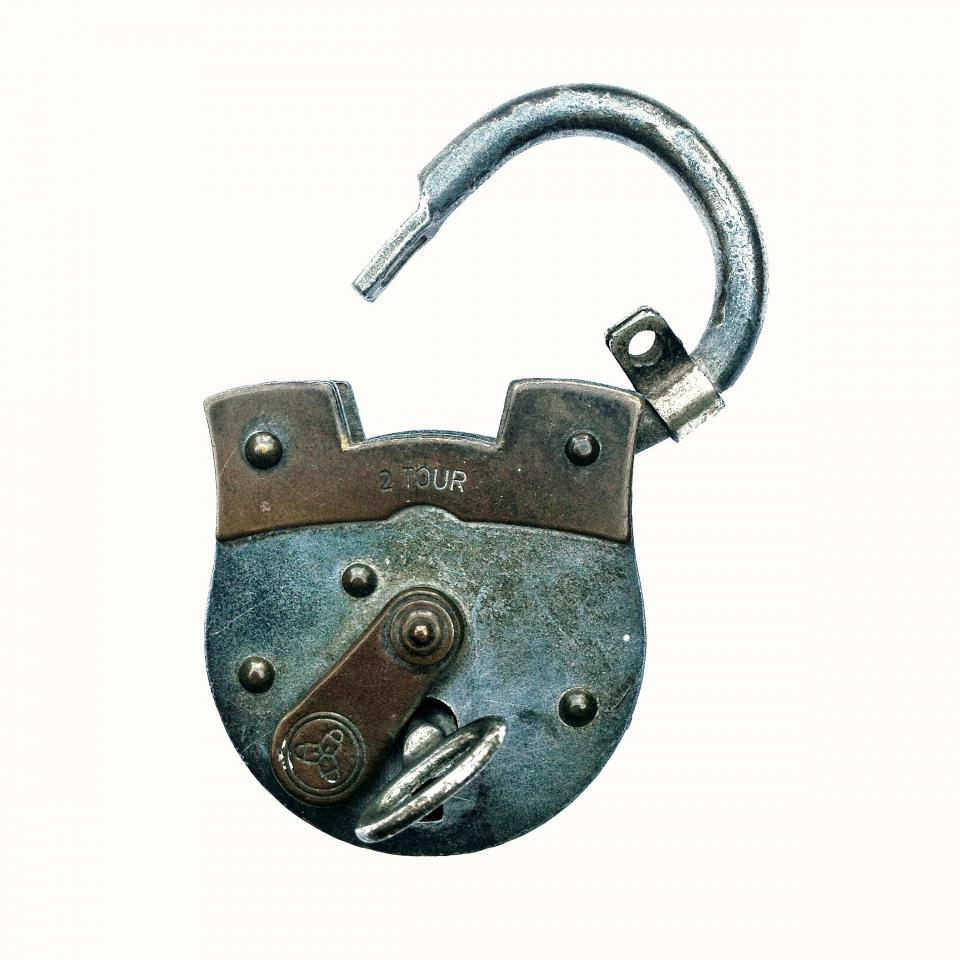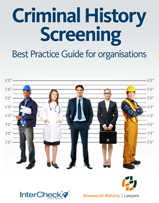
A major cause of loss within many businesses is internal fraud practices. Each year, an average company can lose five percent of it’s revenue through fraud. It may not seem like much, but five percent can be a major loss to a small business, meaning the difference between a successful year and one that can put a business owner into bankruptcy. One of the best ways to prevent fraud in the workplace is by reducing the opportunities available to commit the acts in the first place. Here are some strategies to help you protect your business against the risks of workplace fraud:
1. Ethical Tone
Lead by example: Any employee who observes executives and management show an ethical approach to how they conduct business, will certainly demonstrate good work ethics and set the standards with your expected company culture. An employee will feel like it is harder to be deviant under the watchful, ethical eye of management who have a zero tolerance approach to fraud.
2. Appropriate Training

Continuous staff training of the company’s anti-fraud policy is imperative. Showing examples of what behaviour is acceptable and what is not will be most beneficial for helping staff to understand what is not accepted in the workplace. Training for management to understand potential “red flags” in the workplace will also help prevent incidents of fraud.
3. Anonymous Reporting
Enable safe procedures for employees to alert management of any fraudulent behaviour amongst their colleagues. Assure staff that all matters will be treated with full confidentiality and that nobody else will be aware that a report has been made. If this system is in place, all reports must be followed up and action must be taken. This will help to show your staff that fraud within the workplace is dealt with in a serious manner.
4. Segregation of Duties
Ensuring tasks and duties are not left up to one staff member will help substantially in removing the risk of fraud. For example, the person receiving invoices should not be the person to pay the actual invoices. Separating and revolving tasks between different personnel will make it difficult for fraud to take place and can be a substantial measure for any potential fraudster to think twice before committing any such acts. It is also a good idea to get a second staff member to sign off or approve various financial activities, so that transparency can be achieved with all transactions.
5. Work on Relationships
Employees who have a good relationship with their management team are going to be less inclined to steal from them. Work on building relationships with your employees and get to know them on a personal level. The best way to do this is simply by making casual conversations with staff members, encourage an open door policy, pay them well, respect them and really listen to what they have to say. Encouraging a good work/life balance will help to improve relationships with staff members.
6. Comprehensive Recruitment Policy

Before a staff member even sets foot into the door of your business, there are some steps that can be taken to narrow down prospective employees through pre-employment screening checks. Some ways to do this are:
- Conduct past employment verifications and seek out information on any employment gaps on their resume.
- Police checks are very helpful in checking to establish if any new candidates or existing personnel may potentially have any known criminal records against their name. This is one of the best pro-active measures your business could do and should be mandatory for any positions of trust.
- Checking on academic qualifications can also help substantially. Always request original documentation for all qualifications the candidate has disclosed on their resume. Utilise online research and gather public information about that person. Ensure that there is not any damaging or negative publicity surrounding the person, that could potentially harm your companies reputation.

7. Forced Leave/Holidays
An employee who is practicing fraudulent activities may seem like the hard-working, diligent worker that you’ve always dreamed of due to them not wanting to take holidays. They may never call in sick or take holidays like their colleagues. If they are being fraudulent, they will want to ensure they are at the workplace as much as possible and make sure no one else who takes on their role finds out about what they are doing. Enforcing holidays onto employees will reduce this risk, as staff members will know they will have to take that holiday one day or another.
8. Specification of Roles
A chart, table or flyer can be all that is needed to remind staff of who is responsible for what role within the company. When staff are shown who is responsible for each area of the workplace, it becomes prevalent to everyone when someone is doing a job they are not assigned to. If someone is working on accounts and all staff know that this is not their role, staff will of course recognise this as a potential red-flag, thanks to the training that your company has previously provided. Of course, no employer wants to judge or be wary of every employee that starts work for them, but prevention is the key to reducing the risk of fraud in the workplace and your staff members will be understanding of it.











